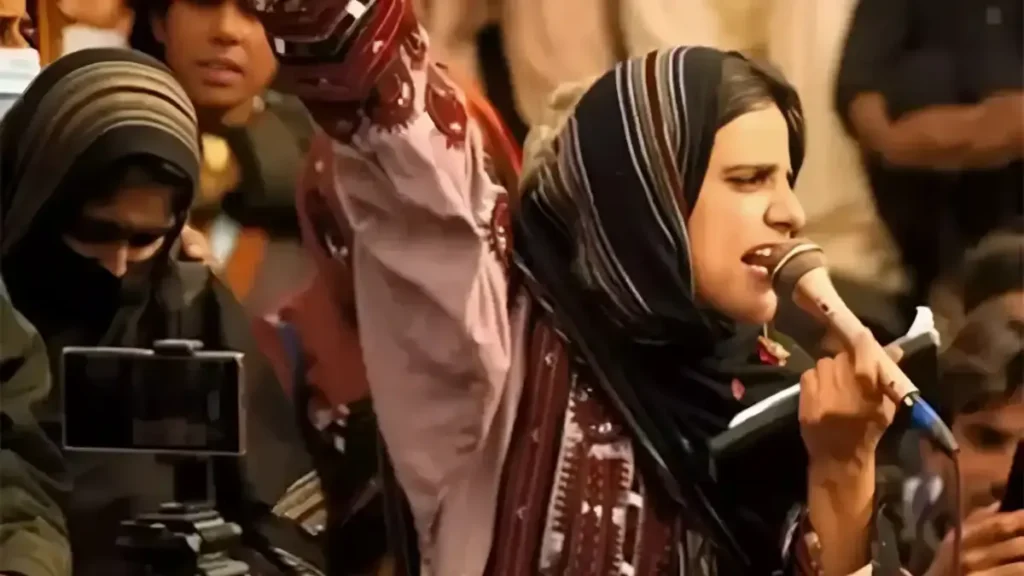ISLAMABAD: The recent court appearance of Baloch activist Mahrang Baloch has inflamed debate over the credibility of claims made by the Baloch Yakjehti Committee (BYC), following weeks of allegations regarding her alleged mistreatment in custody.
The activist appeared calm, composed, and smiling in court, leading many to challenge the narrative promoted by the BYC over the past month. In this sense, Mahrang had been in custody for 25 days. During this time, the BYC consistently claimed she was being tortured and denied basic human rights.
However, her physical and emotional demeanor in court told a different story: there were no visible signs of mistreatment, nor did she publicly support the allegations leveled by her supporters. The contrast between BYC’s claims and her court appearance has triggered serious doubts regarding the authenticity of the group’s campaign.
In this regard, critics argue that BYC has exaggerated events and misled the public to serve external agendas.
“BYC claims they are fighting for justice, but they operate freely, hold public demonstrations, and engage with the media privileges rarely available under oppressive regimes,” said one political analyst. “Their actions often contradict their statements.”
The gap between rhetoric and reality is becoming harder to ignore. For many observers, Mahrang’s appearance in court healthy, composed, and unshaken undercuts BYC’s most serious accusations.
Also Read: Mahrang Baloch’s court appearance exposes the propaganda
This has led to renewed calls for accountability from groups making unsubstantiated claims, as well as a broader appeal for separating fact from propaganda in national discourse.





